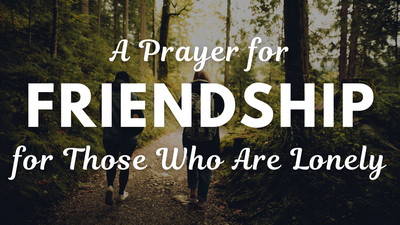
I think that really the issue is that we have sort of lost the foundational definition of what Bible study is, and so at least in the last couple of decades, what tends to funnel down to women are things that are devotional in nature or things that are topical. And those are good. Those all have benefit, but what I think we're missing is that based foundational understanding of what the Bible says on a broader scale. So when we layer on top of that something that talks about, let's say it talks about anxiety, it's one thing for us to study anxiety if we already has a grasp on what the entire book of, say, James says, or what the entire Sermon on the Mount says, but it's another thing if we don't have that and someone is cherry-picking verses for us from all over Scripture. Or we're doing that in our quiet time, because a lot of us, we have not really been taught how to study in an orderly or organized way. Do the same thing on our own even if we don't have a book that we're using to guide us. So we're just picking here and there and we end up sort of with a spot knowledge instead of any cohesive knowledge of any particular area of Scripture or even an entire book.
So I think we get the sense that we are learning more about God and his word, and we are to an extent, but only in a limited way because we're always gonna be relying on someone else to say, "Look here. Look here. Look here," and we're always taking someone else's word for it before we're applying our own intellect to the text.
Originally published Monday, 04 August 2014.












